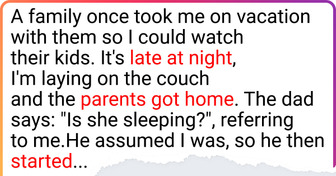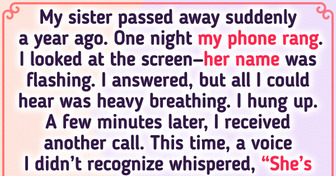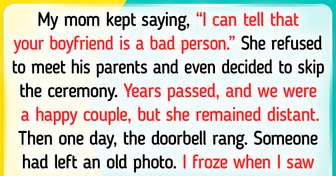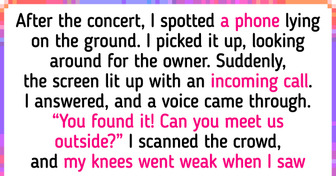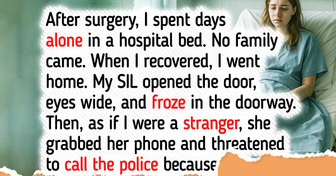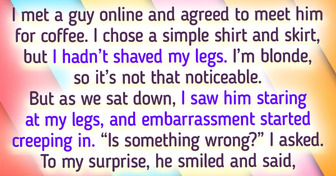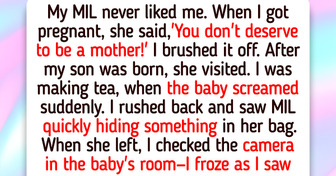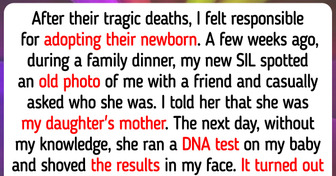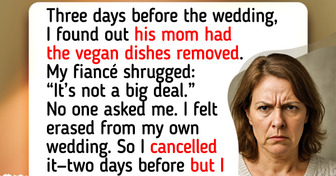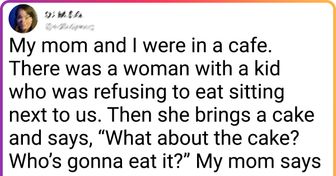Whovians already knew petrichor for Amy Pond, who defined it as “the smell of dust after the rain,” but of course it sounds lovely in her Scottish accent!
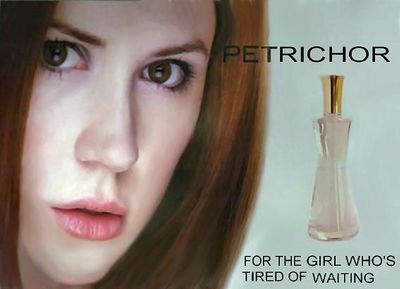
At this point, it’s almost impossible to count the total number of words in English, considering all the loanwords, internet slang, and whatnot. While the Oxford English dictionary settles on 600,000, and Google and Harvard researchers — on one million, we can still find gaps in the language. Yet, that thingy, that we might see or experience but don’t have a word for, likely already has a name.
Bright Side collected a tiny compendium of not-so-widely-known words for things that live alongside us every day.
How many new words have you discovered on this list?
Whovians already knew petrichor for Amy Pond, who defined it as “the smell of dust after the rain,” but of course it sounds lovely in her Scottish accent!

hahaha that's exactly what I thought! Huge Whovian myself. Even though I've watched just recently.
Welcome to the English language, where we have words for everything - even for a dab of toothpaste.
haha this is so intersting!! Zarf?? come on! WHo knew?
